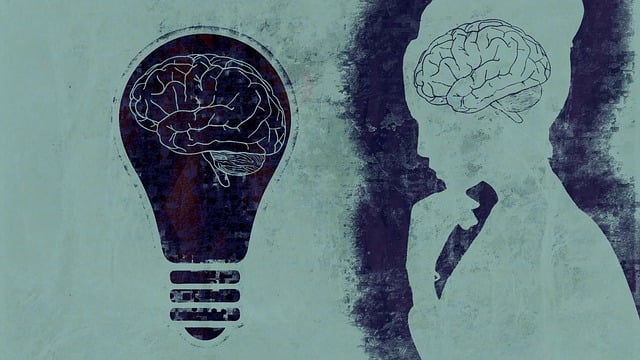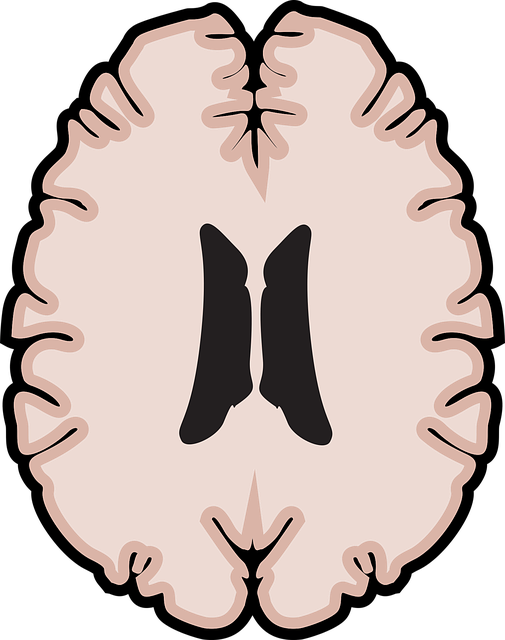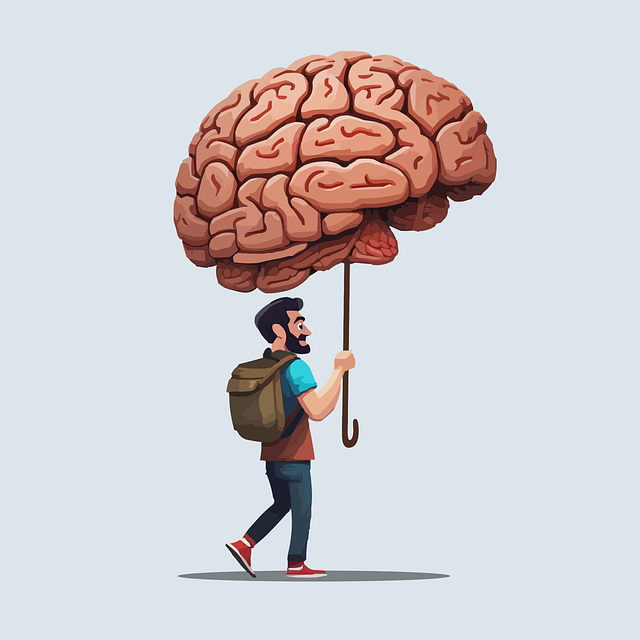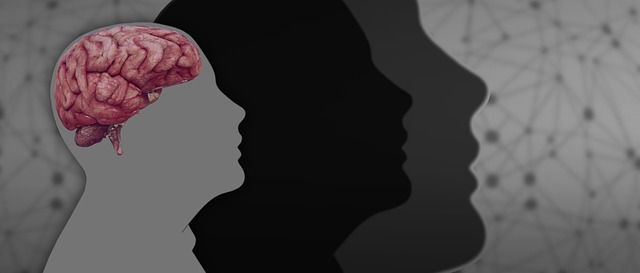Littleton EMDR Therapy is an evidence-based approach for managing anxiety disorders, integrating bilateral stimulation techniques with memory processing to reduce emotional intensity. Combining this with mindfulness meditation, lifestyle adjustments, and self-awareness exercises offers comprehensive relief from conditions like PTSD and GAD. Cognitive Behavioral Techniques (CBT) enhance its effectiveness by targeting negative thought patterns. Ultimately, Littleton EMDR Therapy promotes emotional healing, resilience, and improved mental well-being through a holistic approach.
Anxiety is a complex emotion that affects millions worldwide, demanding effective management techniques. This comprehensive guide explores various strategies to combat anxiety, from understanding its intricacies to leveraging powerful therapies like Littleton EMDR. Discover cognitive behavioral techniques, mindfulness practices, and lifestyle adjustments designed to soothe anxious minds. By delving into these methods, you’ll gain insights into a holistic approach to managing and reducing anxiety, promoting overall well-being.
- Understanding Anxiety: Unraveling the Complex Emotion
- The Role of Littleton EMDR Therapy in Treating Anxiety Disorders
- Cognitive Behavioral Techniques for Effective Anxiety Management
- Mindfulness and Meditation: Calming the Anxious Mind
- Lifestyle Adjustments for a Softer Approach to Anxiety Relief
Understanding Anxiety: Unraveling the Complex Emotion

Anxiety is a complex emotion that affects millions worldwide, yet its nuances often remain misunderstood. It’s more than just feeling nervous or worried; it’s a response to perceived threats, real or imagined, that can significantly impact daily life and overall well-being. This intricate emotion manifests in various ways, from mild unease to severe panic attacks, and its underlying causes are multifaceted, influenced by genetic predisposition, environmental factors, past experiences, and even cultural influences.
In the context of mental health treatment, Littleton EMDR Therapy has emerged as a powerful tool for managing anxiety disorders. This therapeutic approach, designed through extensive research and integrated into Mental Health Education Programs, focuses on helping individuals process traumatic memories and distressing emotions. By combining elements of exposure therapy and cognitive restructuring with bilateral stimulation techniques, such as side-to-side eye movements or tactile taps, EMDR facilitates the brain’s natural healing process. This innovative method is supported by robust Risk Management Planning for Mental Health Professionals, ensuring safe and effective treatment delivery. Furthermore, Self-Awareness Exercises play a pivotal role in empowering individuals to recognize anxiety triggers and develop coping strategies tailored to their unique needs.
The Role of Littleton EMDR Therapy in Treating Anxiety Disorders

Littleton EMDR Therapy has emerged as a highly effective approach to treating anxiety disorders. This therapeutic method, short for Eye Movement Desensitization and Reprocessing, utilizes bilateral stimulation—often in the form of side-to-side eye movements—while patients recall traumatic or stressful events. The process helps individuals reprocess these memories, reducing their emotional intensity and associated anxieties. Studies have shown that EMDR can significantly alleviate symptoms of Post-Traumatic Stress Disorder (PTSD) and Generalized Anxiety Disorder (GAD), making it a valuable tool in the arsenal of mental health professionals.
Integrating Littleton EMDR Therapy into a comprehensive treatment plan, alongside techniques like Mindfulness Meditation and the development of a Self-Care Routine for Better Mental Health, can offer patients holistic relief from anxiety. By addressing underlying emotional triggers and teaching individuals effective coping strategies, this therapeutic approach empowers them to manage their conditions effectively in their daily lives, aligning with broader goals outlined in Mental Health Policy Analysis and Advocacy.
Cognitive Behavioral Techniques for Effective Anxiety Management

Cognitive Behavioral Techniques (CBT) have proven to be highly effective tools for managing anxiety disorders. This approach focuses on identifying and challenging negative thought patterns that contribute to anxious feelings. By modifying these thoughts, individuals can experience a significant reduction in anxiety symptoms. CBT encourages patients to replace irrational beliefs with more realistic and balanced perspectives, fostering a sense of control over their emotions.
In the context of Littleton EMDR Therapy, this cognitive approach is tailored to help clients navigate traumatic memories and associated anxious thoughts. Eye Movement Desensitization and Reprocessing (EMDR) combines exposure therapy with bilateral stimulation, allowing individuals to process and reduce the intensity of distressing memories. This technique has gained recognition for its success in treating post-traumatic stress disorder (PTSD), burnout prevention, and resilience building, ultimately empowering individuals to manage their anxiety effectively and move towards a more balanced mental state.
Mindfulness and Meditation: Calming the Anxious Mind

Mindfulness and meditation have emerged as powerful tools to calm an anxious mind. These practices encourage individuals to focus on the present moment, observing their thoughts and sensations without judgment. By cultivating awareness, one can learn to recognize and disrupt anxious thought patterns. In Littleton EMDR Therapy sessions, professionals guide clients through meditative exercises designed to enhance mindfulness, helping them gain control over their anxious responses.
Regular meditation practice has been shown to reduce symptoms of anxiety and depression prevention, making it an essential component in many mental health education programs design. It facilitates emotional healing processes by promoting a sense of inner peace and self-acceptance, ultimately leading to improved overall well-being.
Lifestyle Adjustments for a Softer Approach to Anxiety Relief

Anxiety can be managed through gentle lifestyle adjustments that create a calmer and more balanced mindset. One effective approach is integrating mindfulness practices such as meditation or deep breathing exercises into daily routines, which have been shown to reduce anxiety levels over time. Regular physical activity, adequate sleep hygiene, and nourishing meals also play significant roles in maintaining mental well-being. These self-care practices not only boost mood but also enhance resilience against stress triggers.
For a more comprehensive approach, considering therapy options like Littleton EMDR (Eye Movement Desensitization and Reprocessing) can be transformative. This evidence-based method helps individuals process traumatic memories or distressing experiences, reducing their impact on emotional health. By combining these therapeutic techniques with empathy-building strategies and burnout prevention tactics, one can cultivate a more serene life, fostering better mental resilience and overall well-being.
Anxiety management is a multifaceted journey, and with the right tools, individuals can effectively navigate their path to a calmer mind. From understanding the intricate nature of anxiety to adopting evidence-based therapies like Littleton EMDR, cognitive behavioral techniques, mindfulness practices, and lifestyle adjustments, this comprehensive approach empowers folks to take charge of their mental well-being. By combining these strategies, one can find relief from anxious symptoms and cultivate resilience in the face of life’s challenges.













